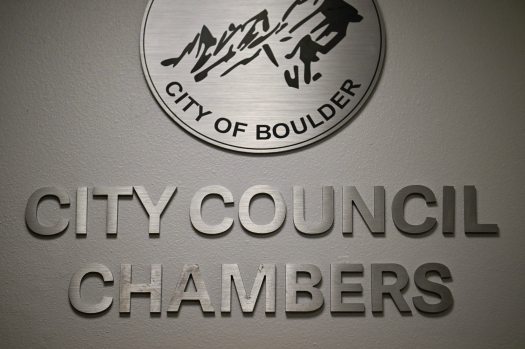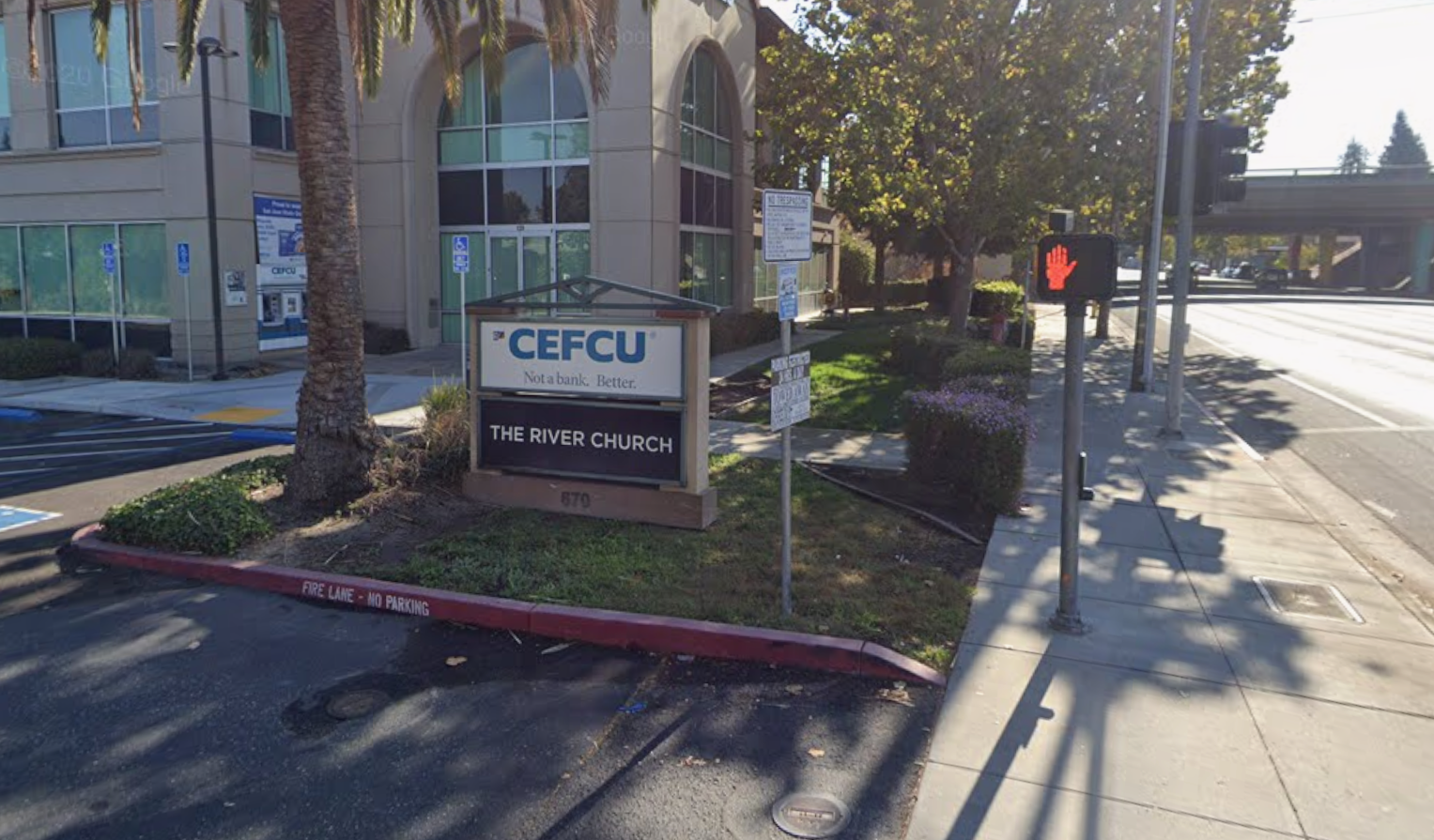UPDATE: Prominent journalist Mehdi Hasan has sparked heated debate by asserting that if Christians can ring church bells, Muslims should be allowed to broadcast the Call to Prayer from mosques. This statement comes as concerns grow over noise regulations affecting religious practices in the U.K..
Speaking in a recent clip, Hasan emphasized, “If you can have your church bell, we can have our Islamic prayer call.” This statement has ignited discussions surrounding freedom of religion and the implications for community noise levels, particularly in areas where residents have expressed discomfort with the Adhan being broadcast at early hours, sometimes as early as 5 a.m..
The debate has intensified as local councils in the U.K. implement noise restrictions on the Adhan, which is traditionally called five times a day. Critics argue this reflects a larger trend of discomfort with growing Muslim communities. Hasan’s remarks challenge these restrictions, positioning them against the cultural backdrop of religious expression.
In a related development, the Vatican has also taken steps towards inclusivity, recently announcing the installation of Muslim prayer rooms for visiting scholars at the Apostolic Library. This initiative further complicates the discourse on religious coexistence and raises questions about mutual respect among faiths.
“Some Muslim scholars have asked us for a room with a carpet for praying and we have given it to them,” said Vice Prefect Fr. Giacomo Cardinali to the Catholic Herald.
The juxtaposition of church bells and the Call to Prayer has led to accusations of false equivalence. Critics argue that the Islamic call to prayer symbolizes a religious supremacy that differs from the cultural significance of church bells. This tension highlights the ongoing struggle for religious expression in multicultural societies.
Political figures are weighing in, with Rep. Chip Roy advocating for the Preserving a Sharia-Free America Act. Roy argues that protecting American values requires vigilance against the perceived encroachment of Sharia law. His comments resonate with a segment of the population concerned about the implications of increasing Islamic presence in Western nations.
The discourse has become a flashpoint for wider societal tensions, with the potential for conflict looming as communities grapple with the integration of diverse religious practices. Hasan’s comments, while defending Muslim rights, also invoke fears among some who believe that the rise of Islam could threaten traditional values.
As this conversation unfolds, communities are urged to consider the implications of their responses to religious expressions. The ongoing debate not only affects policy but also the fabric of society, challenging individuals to navigate the complexities of coexistence in an increasingly diverse world.
What’s Next: As community discussions continue, residents and officials alike are encouraged to engage in dialogue about religious practices and their place within public spaces. Observers will be watching closely to see how local governments respond to this controversy and whether further regulations will be implemented.







